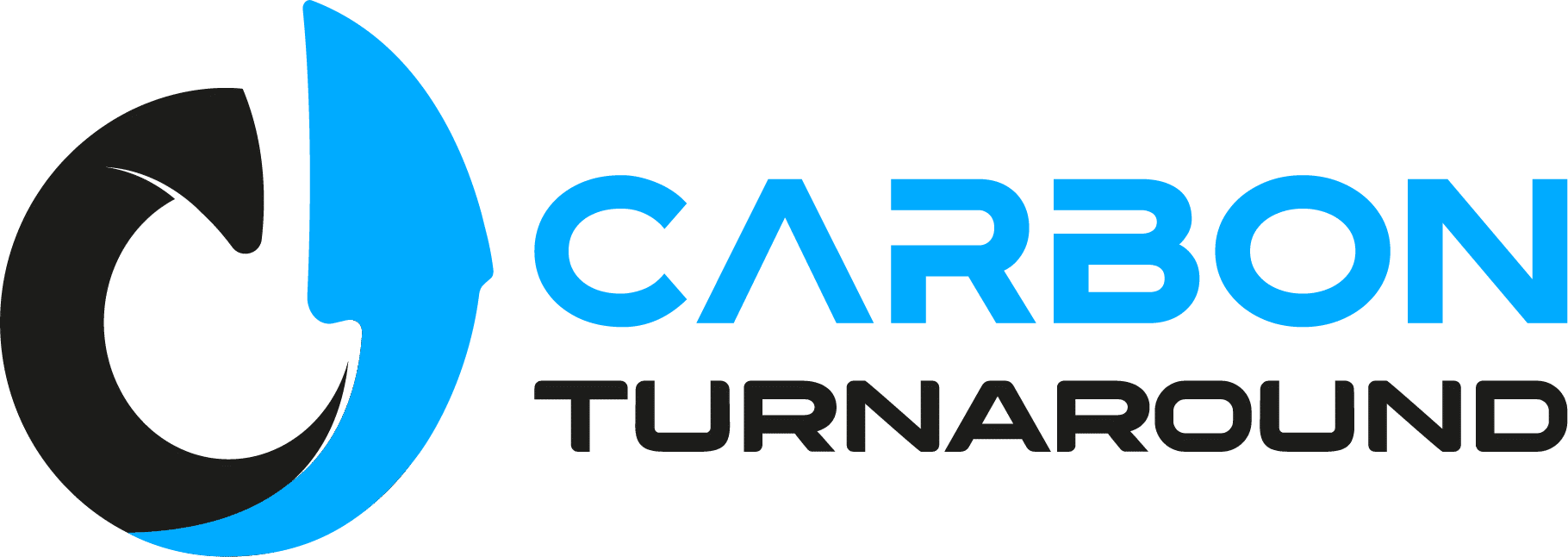Business and project development for innovative organic waste management projects with black soldier fly insect farms for Christof Industries in Latin America
In February 2021, Carbon Turnaround formed a strategic partnership with the Austrian engineering and plant construction specialist Christof Industries in order to develop and implement ground-breaking organic waste management systems in Latin American markets. In Latin America, most of the organic waste from agroindustry and households is still landfilled – with all the detrimental environmental consequences such as methane emissions, spread of infectious diseases or loss of valuable nutrients. The use of these organic waste streams in insect farms can be the perfect solution to solve all of these problems. The black soldier fly is able to process a wide variety of organic waste streams by transforming them into both valuable insect protein and insect oil (used in the aquaculture and animal feed industry) and valuable organic fertilizer (used in agriculture and plant nurseries). This technology can solve all problems related to organic waste management at once and is closing the gap for a circular economy in the agricultural and food & beverage sectors.
Christof Industries with their ChristofCleanCity technologies is worldwide recognized as the leading specialist for large-scale black soldier fly insect farms with a proven track record in different markets in Asia, Africa, Europe and North America. With this strategic alliance between Carbon Turnaround and Christof Industries, we aim to revolutionize the organic waste treatment in Latin America, too.
This potent technology is able to turn unutilized organic waste streams into a highly-priced commodity for the global protein market. This improves the competitive positioning of organic waste generating companies and at the same time solves several sustainability problems related to organic waste, thus making a meaningful contribution to reach the UN SDGs of the Latin American countries.
Methane emissions reduction is considered as a priority to reach the short- and medium-term climate goals because of its high and short-term climate change warming effect. Without a quick and integrated reduction of global methane emissions (among which methane emissions from organic waste management are a substantial part), the targets of the Paris Agreement will not be met. Insect farms are a very powerful technology for these methane emissions reductions in order to meet those climate targets as well as other important UN SDGs.



